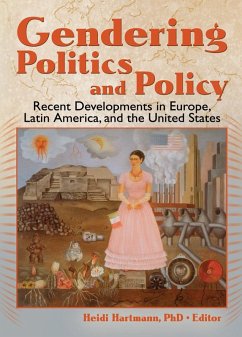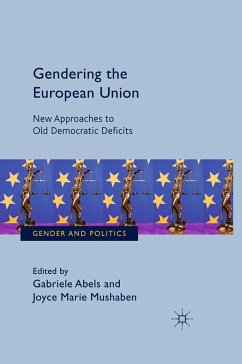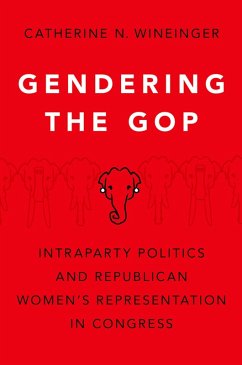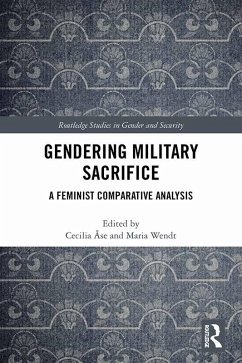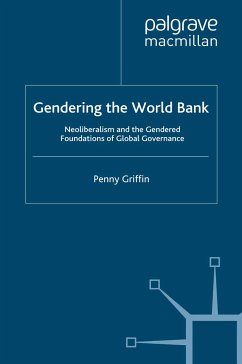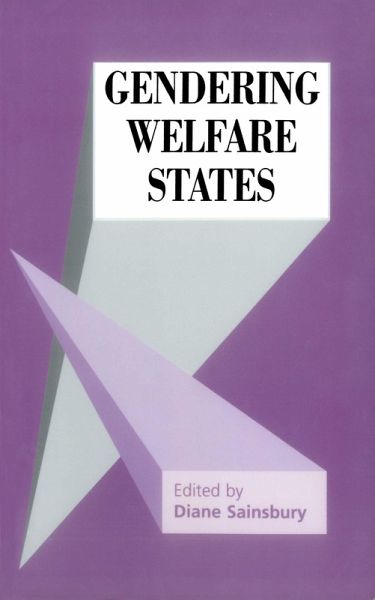
Gendering Welfare States (eBook, PDF)
Versandkostenfrei!
Sofort per Download lieferbar
48,95 €
inkl. MwSt.
Weitere Ausgaben:

PAYBACK Punkte
24 °P sammeln!
How can mainstream models and classifications be used in analyzing welfare states and gender? What sorts of modifications to traditional theory are required? These and other questions are addressed in this book - the first to synthesize the insights of feminist and mainstream research in examining the impact of gender on welfare state analysis and outcomes. The text also highlights the effect of welfare state policies on women and men.The international and interdisciplinary contributors approach the subject on two levels. First, they test the applicability of mainstream frameworks to new areas...
How can mainstream models and classifications be used in analyzing welfare states and gender? What sorts of modifications to traditional theory are required? These and other questions are addressed in this book - the first to synthesize the insights of feminist and mainstream research in examining the impact of gender on welfare state analysis and outcomes. The text also highlights the effect of welfare state policies on women and men.
The international and interdisciplinary contributors approach the subject on two levels. First, they test the applicability of mainstream frameworks to new areas in analyzing gender. Second, they highlight possible reconceptualizations and innovative frameworks designed to provide gender-based analyses. These approaches are combined with a strong comparative component, focusing on a cross-section of countries of major interest in welfare state research.
The international and interdisciplinary contributors approach the subject on two levels. First, they test the applicability of mainstream frameworks to new areas in analyzing gender. Second, they highlight possible reconceptualizations and innovative frameworks designed to provide gender-based analyses. These approaches are combined with a strong comparative component, focusing on a cross-section of countries of major interest in welfare state research.
Dieser Download kann aus rechtlichen Gründen nur mit Rechnungsadresse in A, D ausgeliefert werden.




